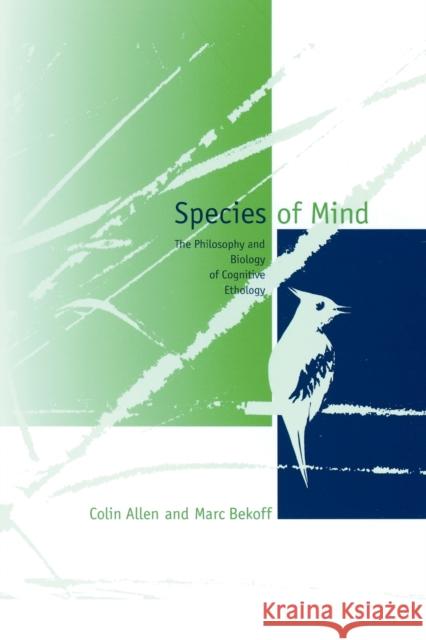Species of Mind: The Philosophy and Biology of Cognitive Ethology » książka
Species of Mind: The Philosophy and Biology of Cognitive Ethology
ISBN-13: 9780262511087 / Angielski / Miękka / 1999 / 231 str.
The authors of this book, a philosopher and a cognitive ethologist, approach their work from the perspective that many animals have minds and rich cognitive lives. They also believe that arguments about evolutionary continuity are as applicable to the study of animal minds and brains as they are to comparative studies of kidneys, stomachs, and hearts. Cognitive ethologists study the comparative, evolutionary, and ecological aspects of the mental phenomena of animals. Philosophy can provide cognitive ethology with an analytical basis for the attribution and assessment of cognition to nonhuman animals. Cognitive ethology can help philosophy to explain mentality in naturalistic terms by providing data on the evolution of cognition.The heart of the book is this reciprocal relationship between philosophical theories of mind and empirical studies of animal cognition. All theoretical discussion is carefully tied to case studies, particularly in the areas of antipredator vigilance and social play, where there are many points of contact with philosophical discussions of intentionality and representation. The authors make specific suggestions about how to use philosophical theories of intentionality as starting points for empirical investigation of animal minds. They also discuss cognitive ethology's relevance to questions of ethics, as our beliefs about the mental lives of animals strongly affect our attitudes toward their moral status.











